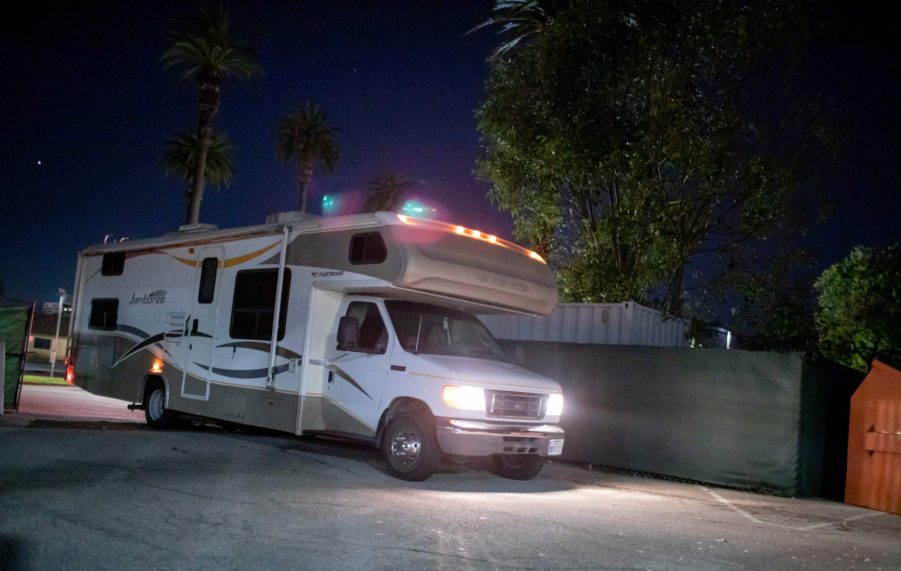
The Different RV Classes, and Which You Should Buy
The RV lifestyle is more appealing now than ever before. The freedom of the road, mixed with the safety of isolation amid this pandemic, has convinced many that RVing is the way to go. But if you’re looking to vacation on the road, there are a bundle of RVs to select from. So take a look at Class C, Class B, and Class A RVs to see which is right for you.

Class C RVs are excellent for beginner campers
If you’re just starting out, a C Class RV is an excellent choice. A key advantage is that they drive similar to U-Hauls since they’re built on truck platforms. That means you don’t have to re-learn how to drive them and can operate them without any special license.
They also come packed with almost every amenity you’d want, such as a bed, a kitchen, and in some cases a bathroom. All while being the most affordable of the bunch. With some used options dipping lower than $10,000, it’s the best way to get RVing without breaking the bank.
Class C RVs also tend to have better gas mileage. Though don’t expect a 12,000 lb vehicle to be a hypermiler, it’s just that they’re light enough to “sip” fuel. They’re typically about 20 to 31 ft long, which is enough room to fit every creature comfort you’d want. However, they aren’t the smallest RVs available.
Class B camper vans are smaller, but easier to drive

While these Class B vehicles are considered RVs, many refer to them as camper vans. They’re oversized, with tall ceilings for standing and some amenities, but they’re not as loaded as C Class RVs. Many Class B camper vans don’t have bathrooms, and the interior space is lacking, which doesn’t make them ideal for full-time living or longer getaways.
But what they lack in size, they make up for in size (if that makes any sense). Because Class B RVs are small, you can navigate them down trickier roads, or even cities, easier than you would navigate Class A or Class C RVs. It’s like driving an extended minivan, which makes them easier to operate.
And that small size sees an excellent improvement in gas mileage and cost. While used Class C RVs can be get up to around $30,000, a brand new tricked-out Class B camper van can cost just $40,000. And it’s incredibly easy to convert a van into a camper van if you just rip out the seats. So if you’re looking for weekend camping trips, and don’t mind using public bathrooms or showers, then a Class B RV should suit all your needs.
However, if you’re ready to turn RVing into a lifestyle, then you’re going to want the biggest vehicle available: a Class A RV.
Class A RVs are luxurious, as are the RV parks

Class A RVs are lice Class C RVs in terms of amenities, except in a Class A RV, the amenities are quite fancy. Being the largest RVs available, at around 21 to 45 feet long on average, they’re packed with the best equipment available. Toilets and showers, kitchens, and plenty of sleeping quarters for up to eight people. They’re the size of a bus, and packed with luxury.
On top of that, Class A RVs can earn you a spot at some of the most prestigious RV parks in the nation. They’re a symbol of status, while still allowing you to live a travel-oriented life. Some Class A RVs even have enough storage space to fit a Bugatti.
But, as you’d expect, these are the most expensive RVs by far. With some priced at around $100,000, they’re a hefty expense, but it’s the closest you can get to a home on wheels. Likewise, due to their immense size, their gas mileage is lacking.
And speaking of size, depending on how much they weigh, you may need a special license. Outdoorsy outlines the state by state specifics, but anything over 26,000 lbs typically requires a different license to drive. This also includes any vehicle you want to tow with your RV.
The range of RVs available to you is extensive, and in some cases expensive. But whether you’re looking for a quick trip or long-term RV living, the right camper for you is out there.


